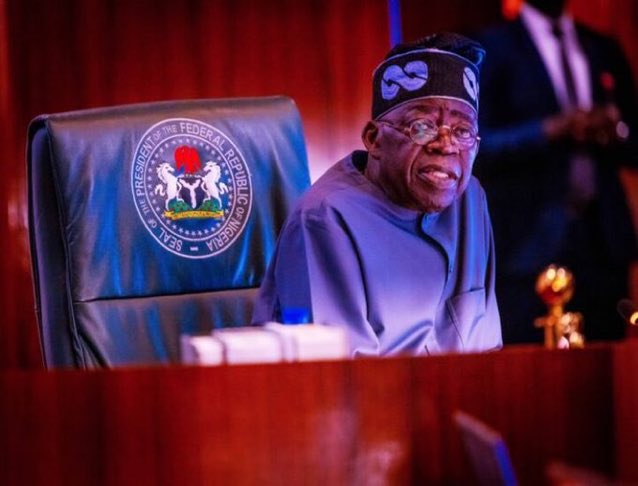President Bola Tinubu’s plan to reduce interest rates in the country may clash with the existing tightening monetary policy of the Central Bank of Nigeria (CBN).
Analysts at Augusto&Co believe that the president’s preference for lower interest rates to support economic growth raises the risk of inaction and will be a true test of the CBN’s independence.
However, they project that the CBN may eventually increase the rate to about 19.5% before the end of the year, which will be an increase of 0.75% from the current rate.
Augusto&Co noted:
- “The new leadership of the CBN has pledged to whittle down the unusually broad mandate of the past administration and enhance the consistency of the current framework for monetary policy operations to ensure that price stability guides monetary policy actions. This implies a return to orthodox monetary policy activity and a focus on inflation targeting.
- “However, the CBN is yet to explicitly state what the inflation target is or if 6%-9% remains the target band. Nonetheless, we expect the CBN to raise the MPR to circa 19.5% before December 2024 given the need to effectively manage inflation, mop up liquidity and raise interest rates to a level where long-term savers earn positive return, while also being mindful of the FGN’s cost of borrowing. As a result, we anticipate a rise in Treasury Bill rates (364-days) to an average of 16%.
- “The President’s stated preference for lower interest rates to support economic growth at a time when the policy environment is poised to remain tight and restrictive raises the risk of inaction and will be a true test of the CBN’s independence.”
More Insights
Since May 2022, the CBN started raising its benchmark interest rate in response to surging inflation, from 11.5% to 18.75% in July 2023.
However, President Bola Tinubu had previously stated that existing interest rate is too high, noting that lowering interest rates is necessary to boost investment and consumer spending in ways that would keep the economy growing.
Despite the ongoing tightening, inflation increased to 28.92% in December 2023, according to the most current data from the National Bureau of Statistics (NBS).
As a result, suggestions have been made to look beyond the monetary policy rate (MPR) for controlling inflation.
However, the IMF repeatedly urged the CBN to keep its monetary policy tight to rein in inflation. This was as several stakeholders have kicked against the constant tightening.
Inflation has been rising at its quickest rate in almost two decades, so investors are watching the MPC meeting for clues as to what the central bank plans to do to slow it down.
An earlier report by Cordros Capital suggested that ‘’further rate hikes by the MPC will send a strong message that the apex bank is not relenting in its inflation fight.’’
However, the apex bank postponed the MPC meeting twice, with the current CBN governor saying the meetings have not been effective.
If the CBN continues with the MPC meeting based on the existing schedule, the first MPC meeting for 2024 should hold next week.
The decision made at the meeting will determine if the CBN will dance to the tune of the president or take a firm monetary tightening stance against rising inflation in the country.

